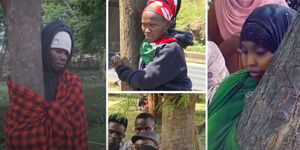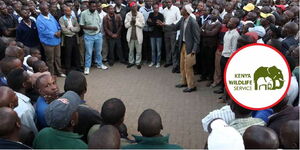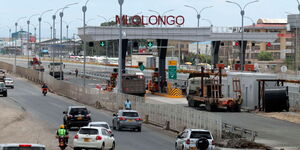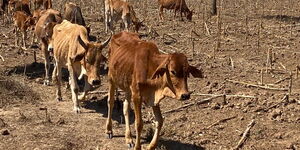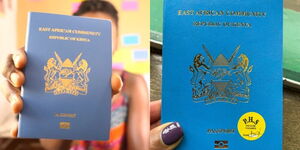Veteran author and scholar Ngugi wa Thiong'o is dead.
The news was announced by her daughter, Wanjiku wa Ngugi, who urged all those who knew him to celebrate his life and works.
"It is with a heavy heart that we announce the passing of our dad, Ngugi wa Thiong'o, on the morning of Wednesday, May 28, 2025," she stated.
"He lived a full life and fought a good fight. As per his last wish, let us celebrate his life and his work," Wanjiku added.
The cause of Ngugi's death was not revealed, but the family disclosed that details regarding his funeral would be announced in due course.
"The family's spokesperson Nducu wa Ngugi will announce details of his celebration of life soon," Wanjiku said.
At the time of his demise, aged 87, Ngugi resided in California, United States, where he spent most of his years. Due to the nature of his work, which had rubbed those in power the wrong way, he had spent most of his life in exile or semi-exile since the 1980s.
This was especially following the banning of his politically critical play Ngaahika Ndeenda (I Will Marry When I Want) in the 1970s and his subsequent imprisonment.
The play brought Ngugi into the limelight and set him up for the nationalistic, social justice and struggle themes in his works. Aside from the play, Ngugi authored critically acclaimed books such as The River Between, Weep Not Child, A Grain of Wheat and Petals of Blood.
Ngugi’s novels were among the first by an East African to gain global attention. He helped shape post-colonial African literature by focusing on indigenous perspectives, challenging the Western gaze, and centring African history and experience.
Further, his decision to take the radical shift to switch his writing from English to his mother tongue, Kikuyu, endeared him to fans of his work. Ngugi believed that writing in indigenous languages would validate and elevate them, reconnect people with literature and could be used as a form of resistance.
However, his works subjected him to political persecution and in 1982, Ngugi went into self-imposed exile, first living in Britain and later in the US. After 22 years, he visited Kenya in 2004, but he and his wife were victims of an attack in their hotel, one seen as politically motivated.
Some of the awards and recognition he received include the Nonino International Prize for Literature (2001), Park Kyong-ni Prize (2016) and the PEN Award for Freedom of Expression.
Aside from being an author, Ngugi was also an academic, becoming a distinguished Professor of Comparative Literature and English at the University of California, Irvine (UCI).

